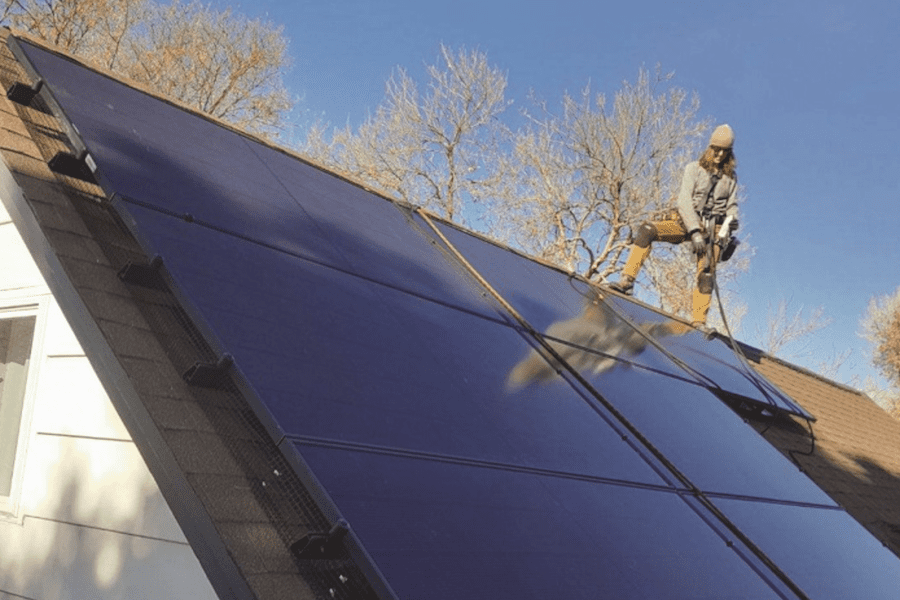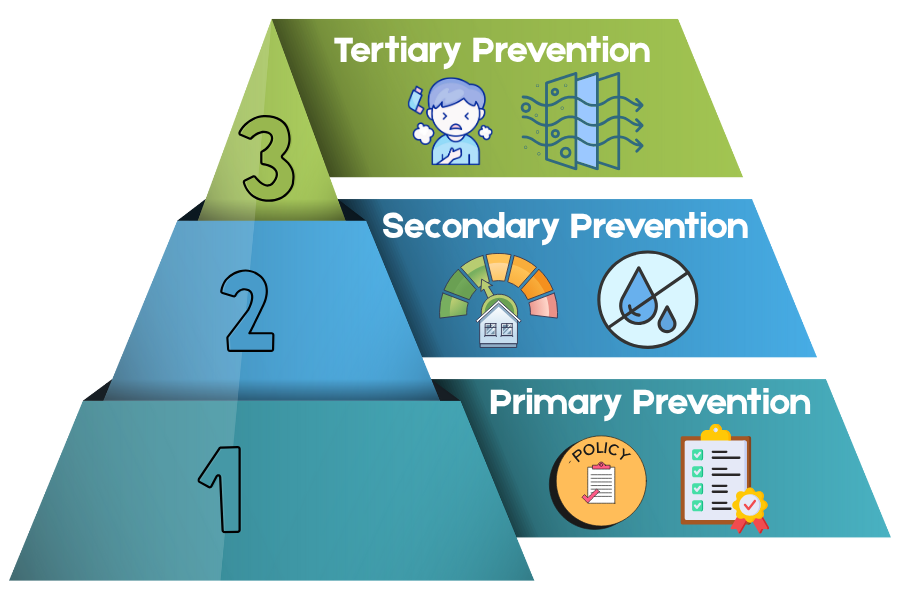Jan 10, 2022
California’s Solar Power Struggle
In mid-December, the California Public Utilities Commission proposed changes to the state's Net Energy Metering rules to incentivize customers to install storage paired with rooftop solar. The credit for energy put back into the grid would drop to a wholesale rate of $0.04 per kWh and solar owners would face a new fixed monthly charge. The proposal includes a bill credit to help customers pay for a solar plus storage energy system in 10 years or less and an Equity Fund for low-income customer access to clean energy programs. The proposal has caused an uproar in the solar industry, with some opposing the changes and others supporting them. The CPUC will vote on the proposal on January 27, 2022.

In mid-December, the California Public Utilities Commission (CPUC) issued a proposal “to evolve decarbonization incentive efforts to meet the state’s groundbreaking clean energy goals.” The proposal, formally called a Proposed Decision, revises California’s current Net Energy Metering (NEM) rules and creates a Net Billing Tariff.
The proposal determines that NEM must be modernized to incentivize customers to install storage paired with rooftop solar to help California meet its net peak shortfall and ensure grid reliability. As author Justine Calma explains well in her article on The Verge, “California has more homes with rooftop PV panels than any other state. That’s thanks in part to a history of generous incentives for people with home solar systems. If someone doesn’t use up all the solar energy their panels collect, they can sell it back to the grid. But if the CPUC ultimately votes to approve its new proposal, the selling price would drop dramatically to better reflect the commission’s estimates of what that energy is actually worth.”
The credit for energy that residential solar owners put back into the grid would be reduced to a wholesale rate of about $0.04 per kWh. There would also be a new, fixed monthly charge for solar owners of $8 per kW installed on their roof. (This means that someone with a 10 kW system would have to pay $80 per month to their electric utility to stay connected to the grid and send back electricity at the new, lower rate.)
In the proposal, there’s also a bill credit to help customers pay for a solar plus storage energy system in 10 years or less through electric bill savings and an Equity Fund, with up to $600 million for low-income customer access to clean energy programs.
This proposal has caused quite an uproar in the solar industry. Some people think it will end the state’s solar boom and companies like Tesla are working hard to fight back, saying that new rates punish existing solar customers. Others think California needs the shift, and nearly everyone appreciates the inclusion of lower-income residents.
Severin Borenstein, Faculty Director of the Energy Institute at Haas, recently weighed in on the topic in an article titled, “California’s Misguided Rooftop Solar Debate.” His thoughts are that the media and industry stakeholders are focusing on the wrong thing. “Comments on the [proposal] have focused on how much the new policy would reduce the profitability and growth of companies that install residential solar,” he says. “So instead of a debate about the appropriate role of residential solar in addressing greenhouse gas emissions in California and beyond, the reactions have largely been about how much subsidy rooftop solar companies in California need in order to stay in business.”
His take? “The goal should be equitably saving the planet, not growing one industry.”
What do you think? The proposal will be on the CPUC’s January 27, 2022 Voting Meeting agenda.





